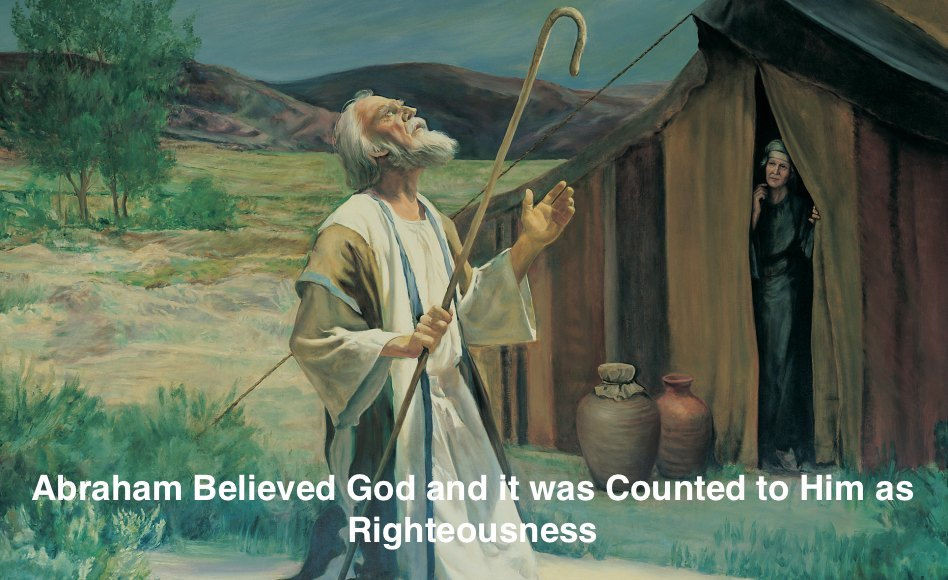The Four Sign Proofs of the Messiah
- Keith Thomas
- Sep 25, 2020
- 3 min read

After Jesus healed the man born blind in John 9, all hell broke loose because of the healing. The joy of the healed man was not allowed to continue, for the religious leaders were incensed at the implications of the healing. The man was probably well known by many due to his begging at the city gates. When people saw him full of joy at his healing, they wanted to know what had happened to him, for who had ever heard of someone healing a man blind from birth? This healing by Jesus was particularly significant. To cure a person born blind would also beg the question: how did they deal with the sin problem? Jesus had healed the blind before this occurrence, but this was the first time a man was healed who had been blind from birth. When people heard that it was Jesus Who performed the miracle they took the healed man to the Pharisees (John 9:13). Perhaps those who brought him were sympathetic to Jesus and wanted to prove that Jesus is who He says He is: The Messiah of Israel.
There was more to this miracle, I believe, than meets the eye. This healing was a sign to the Israelites that Jesus was, indeed, the Messiah, and that is why John the Apostle went into great depth about the details of the miracle and the response following it. The children of Israel believed that, when the Messiah would come, He would accomplish at least four things prophesied of Him. These things were written down in the prophet Isaiah's writings:
3Strengthen the feeble hands, steady the knees that give way; 4say to those with fearful hearts, “Be strong, do not fear; your God will come, he will come with vengeance; with divine retribution he will come to save you.” 5Then will the eyes of the blind be opened and the ears of the deaf unstopped. 6Then will the lame leap like a deer, and the mute tongue shout for joy (Isaiah 35:3-6).
The passage above is believed to be speaking about the Messiah. It is explicit in saying that this One Who comes will Himself be God (v. 4). When He came, there would be four things He would do that would be signs of His Messiahship:
1) He will open the eyes of the blind (v. 5).
2) He will unstop the ears of the deaf (v. 5).
3) The lame will be healed (v. 6).
4) The dumb will shout with delight at having a voice again (v. 6).
Of course, Jesus did all these things and more during his estimated three years of ministry. This recent healing was too much evidence for the Pharisees to bear. They did not see or accept Jesus as the Messiah. They believed the Messiah would be a great King who would come with great power and glory, not this humble person fulfilling Scripture by riding into the city on a donkey (Zechariah 9:9). They did not understand that there are two comings of the Messiah: one appearance as a substitute to put away sin, and another as a righteous warrior King who will slay all of His enemies. Even though they had eyes, they refused to see the truth even when it was plain before them. They had seen the four signs (miracles) before, but now this was close up and personal and right inside Jerusalem—the city that they claimed as their territory!
How about you? Are you convinced as to who Jesus is? Are you on His side or are you still in enemy territory and resisting bowing the knee to His Lordship? Keith Thomas
Shortened from the more extended study at the following link: Jesus and the Man Born Blind





Comments